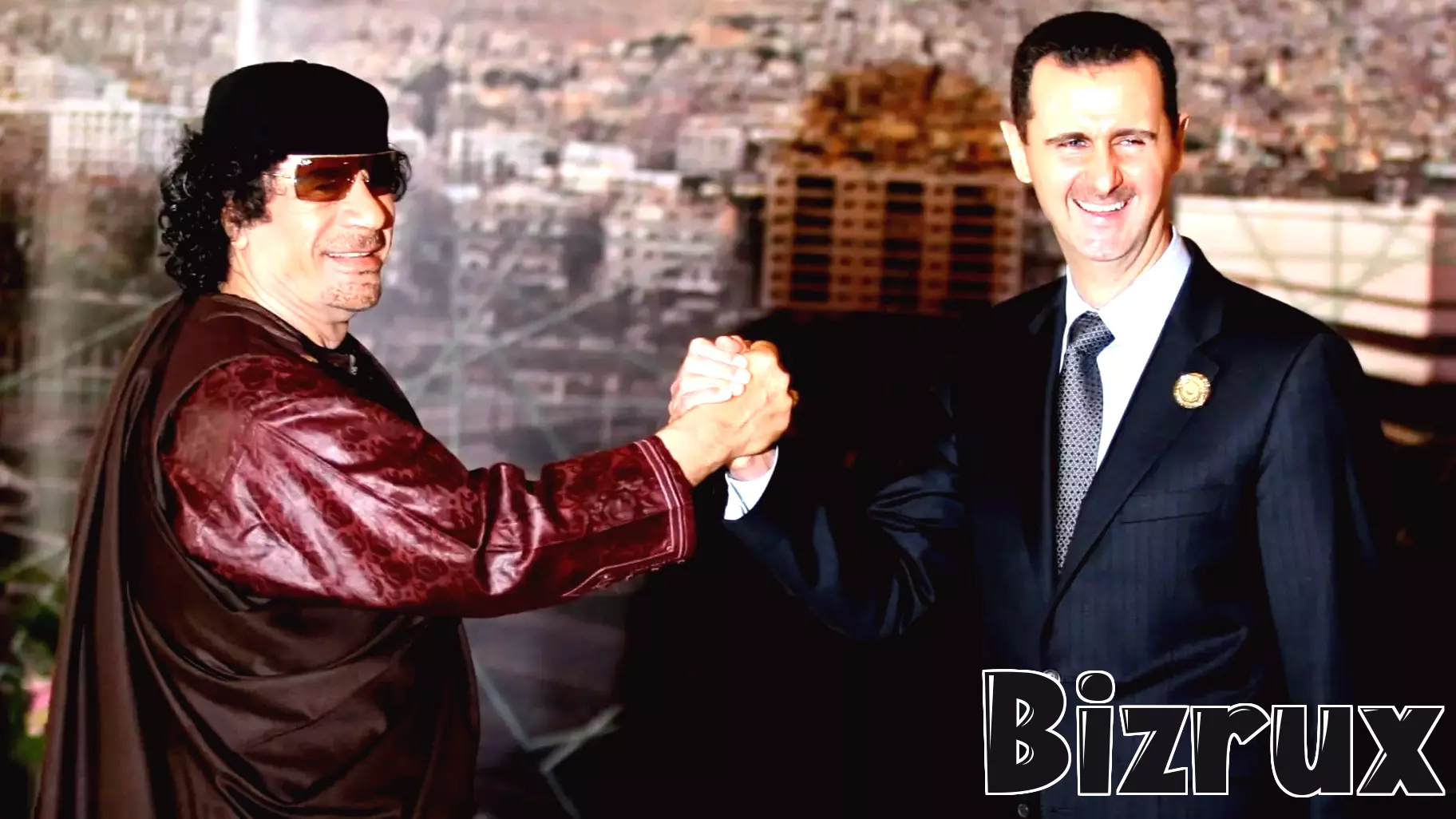Despots: The Misguided Optimism of the Free World
December 11, 2024 - 11:52

In recent years, the international community has repeatedly placed its faith in authoritarian leaders, hoping for a partnership that could lead to reform and stability. Figures like Bashar al-Assad of Syria, Vladimir Putin of Russia, and Muammar Gaddafi of Libya have all been viewed at different times as potential allies by Western powers, despite their notorious records of human rights abuses and aggressive policies.
This phenomenon, often referred to as the "guy we can do business with" myth, reflects a troubling tendency to overlook the darker aspects of these regimes in favor of perceived strategic benefits. The allure of engaging with these leaders often stems from a desire for stability or economic gain, leading to misplaced optimism about their willingness to cooperate on global issues.
However, history has shown that such hopes are frequently dashed. Instead of fostering positive change, these engagements often enable further repression and conflict. As the world grapples with the consequences of these misguided alliances, it becomes clear that the free world must reassess its approach to dealing with despotic regimes. The pattern of seeking out "acceptable" dictators in pursuit of short-term goals must be critically examined to prevent repeating the same mistakes in the future.
MORE NEWS

March 3, 2026 - 02:49
‘Staples Baddie’ prints out a new page of her careerKaeden Rowland, a 22-year-old print specialist, has unexpectedly become the face of office supply chic, amassing a significant TikTok following under the moniker `Staples Baddie.` Her engaging...

March 2, 2026 - 02:03
Josh Kussman Joins Accelint as Senior Vice President of Business Development and StrategyAccelint has announced the appointment of Josh Kussman as its new Senior Vice President of Business Development and Strategy. This strategic hire brings a seasoned leader with a unique blend of...

March 1, 2026 - 04:55
Gunflint Trail lodges see boost in winter business after latest snowfallA welcome series of substantial snowstorms has transformed the landscape of Cook County and the Gunflint Trail, revitalizing the winter tourism season after a slow start. Recent accumulations,...

February 28, 2026 - 02:41
National Cybersecurity AllianceThe National Cybersecurity Alliance, a prominent non-profit organization, continues its dedicated mission to foster a safer and more interconnected digital environment for all. The group serves as...